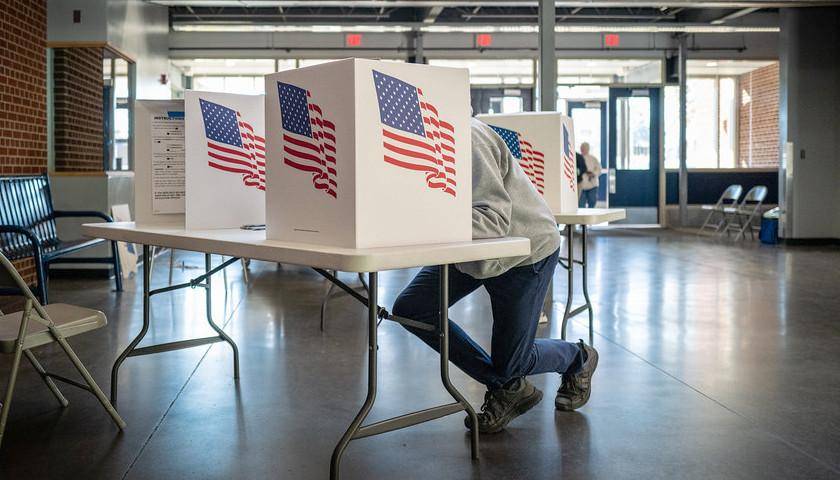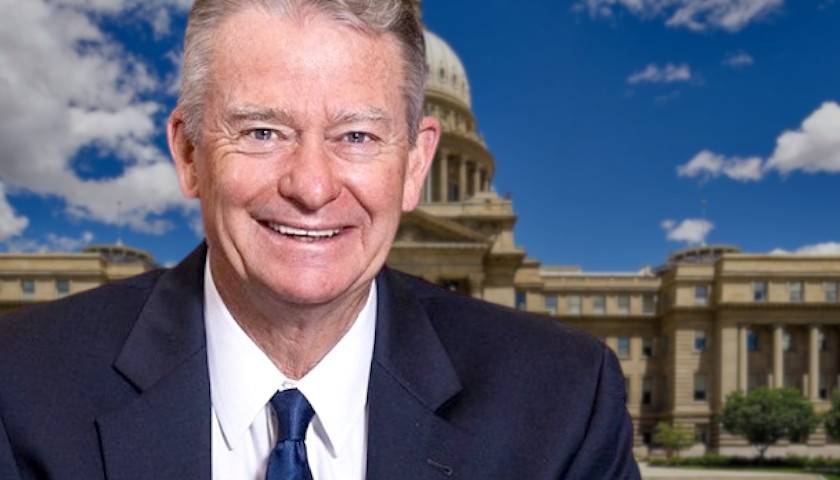In a case that has gotten almost no establishment media attention the FBI has arrested Alexander Scott Mercurio, 18, of Coeur d’Alene, Idaho, for attempting to provide material support and resources to ISIS in connection with a plot to conduct a suicide attack on a church.
After the arrest the Department of Justice issued a news release saying in part:
Read More





